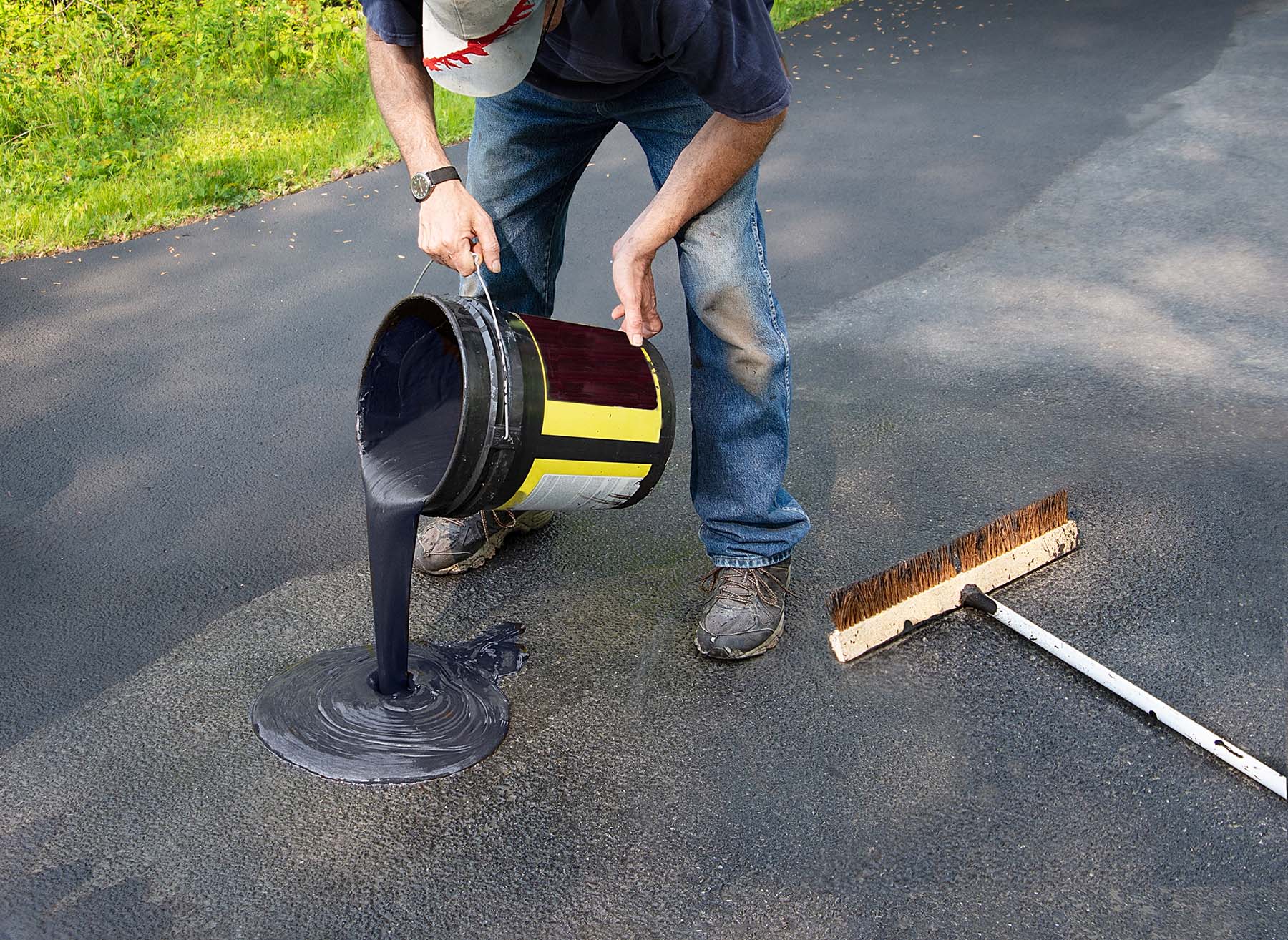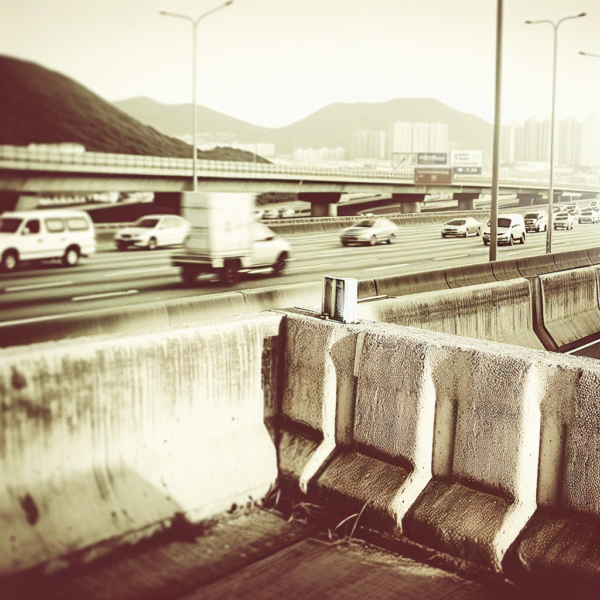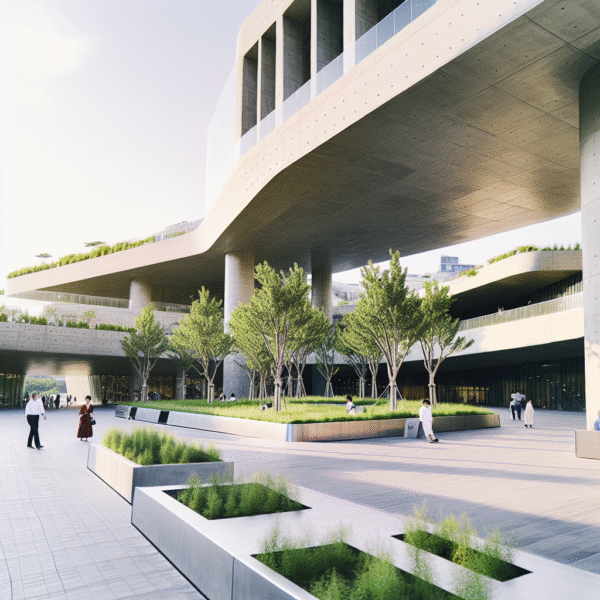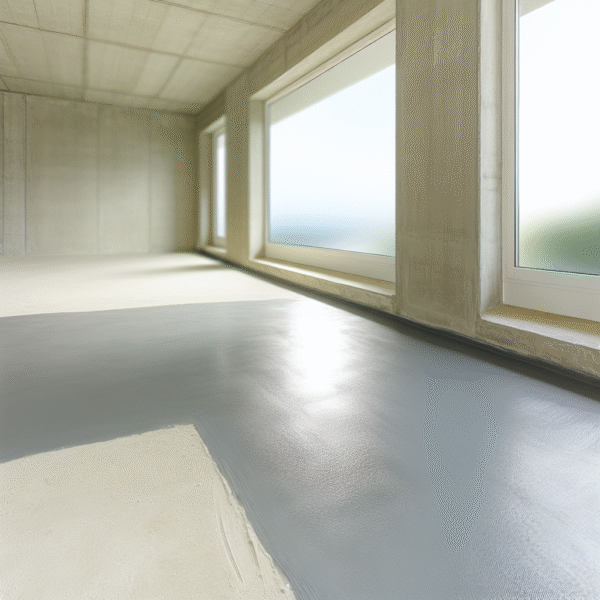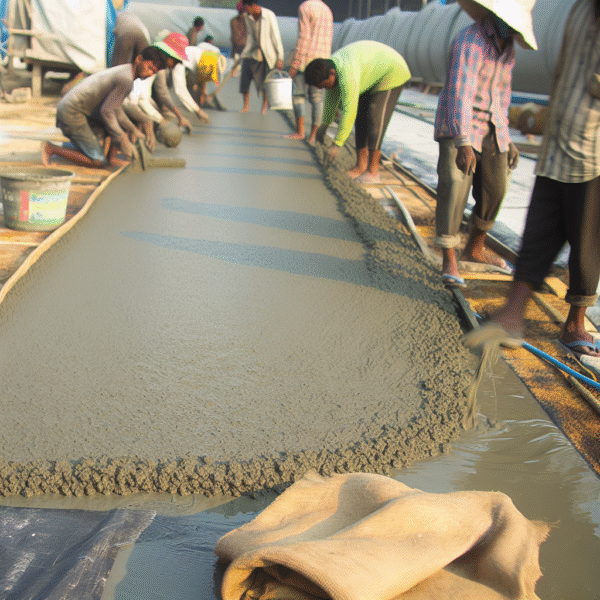When choosing the right material for your driveway, two popular options are asphalt and blacktop. Homeowners often wonder about the cost differences between these materials and which one offers the best value. In this comparison, we’ll explore the asphalt vs. blacktop cost to help you make an informed decision for your next driveway project.
What is Blacktop?
Blacktop, also known as bituminous concrete, is a blend of asphalt and stone that results in a smooth, black surface. Its affordability and durability have made it a popular choice for driveways, offering a cost-effective paving solution.
Calculating the Cost of Blacktop Driveways
The cost of installing a blacktop driveway depends on several factors. Key elements include the size of the driveway, the thickness of the blacktop layer, and the current market rate for asphalt.
Average Blacktop Driveway Costs
Typically, blacktop driveways cost between $3 to $5 per square foot. Prices can fluctuate based on location, labor costs, and additional features such as edging and sealing.
Asphalt vs. Concrete Driveway Cost
When comparing asphalt and concrete driveways, consider not just the upfront costs but also long-term maintenance. While asphalt may be cheaper initially, concrete can offer lower maintenance costs over time. This section delves into the full asphalt vs. concrete driveway cost breakdown, helping you make the most cost-effective decision.
Is Asphalt Cheaper Than Concrete?
Although asphalt generally has a lower upfront cost, concrete can be a more economical choice in the long run. Concrete driveways require less frequent repairs and maintenance, saving money over time.
Concrete vs. Asphalt: Which is the Better Option?
Concrete driveways are often chosen for their clean, modern look and resistance to oil stains. On the other hand, asphalt driveways tend to perform better in colder climates due to their flexibility. This section compares both materials in terms of aesthetics, durability, and performance.
Blacktop vs. Concrete: What’s the Right Investment?
When investing in your driveway, you’re considering both curb appeal and long-term value. Blacktop and concrete both offer great benefits, but depending on your needs, one may be a more suitable investment than the other. This section helps you evaluate the long-term value of each material.
DIY vs. Hiring Professionals for Blacktop Driveway Installation
Considering doing the work yourself? Installing a blacktop driveway yourself can save you money, but it’s a labor-intensive job that requires specialized skills. This section compares the pros and cons of DIY blacktop driveway installation and hiring a professional contractor.
Blacktop vs. Concrete Driveway: Which Offers Better Value?
The right driveway material depends on several factors beyond cost. This section compares the durability, maintenance needs, and curb appeal of blacktop and concrete, providing a comprehensive analysis to help you choose the best option for your home.
Projecting Future Asphalt vs. Blacktop Costs
Costs for asphalt and blacktop can fluctuate due to market changes, material shortages, or shifts in industry standards. This section looks ahead at projected cost trends for 2022, helping you stay ahead of the curve when planning your driveway project.
Key Factors to Consider in Your Decision
When deciding between asphalt and blacktop, there are several factors to weigh. Here’s a closer look at key considerations to guide your choice:
Budget:
Start by determining your budget for the driveway project. Asphalt often provides a more affordable option upfront, but blacktop may be the more cost-effective choice in some regions.
Aesthetic Preferences:
Consider the look you want for your driveway. Blacktop gives a classic black surface, while asphalt can be customized with colors and finishes.
Durability:
Assess the climate in your area and how each material will perform under your local weather conditions. Both materials are durable, but asphalt tends to handle freeze-thaw cycles better.
Maintenance:
Think about how much maintenance you’re willing to perform. Blacktop driveways require regular sealing to maintain their integrity, while asphalt may need occasional repairs.
Long-Term Goals:
Consider how long you plan to stay in your home. If you’re planning to sell soon, a well-maintained concrete driveway could offer a better return on investment.
Climate Adaptability:
Ensure the material you choose can withstand your region’s climate. Freeze-thaw cycles, extreme temperatures, and rainfall all influence the longevity of your driveway.
Environmental Impact:
If sustainability is a priority, look into the eco-friendliness of each material, including recycling options.
Local Regulations:
Familiarize yourself with local regulations regarding driveway material choices. Some areas have guidelines for construction that may impact your decision.
Making the Right Driveway Choice
In summary, the choice between asphalt and blacktop for your driveway depends on your budget, aesthetic preferences, and long-term plans. By carefully evaluating each material’s costs, maintenance requirements, and durability, you can make an informed decision. Whether you opt for asphalt, blacktop, or concrete, the right driveway material will enhance the curb appeal and value of your home.
